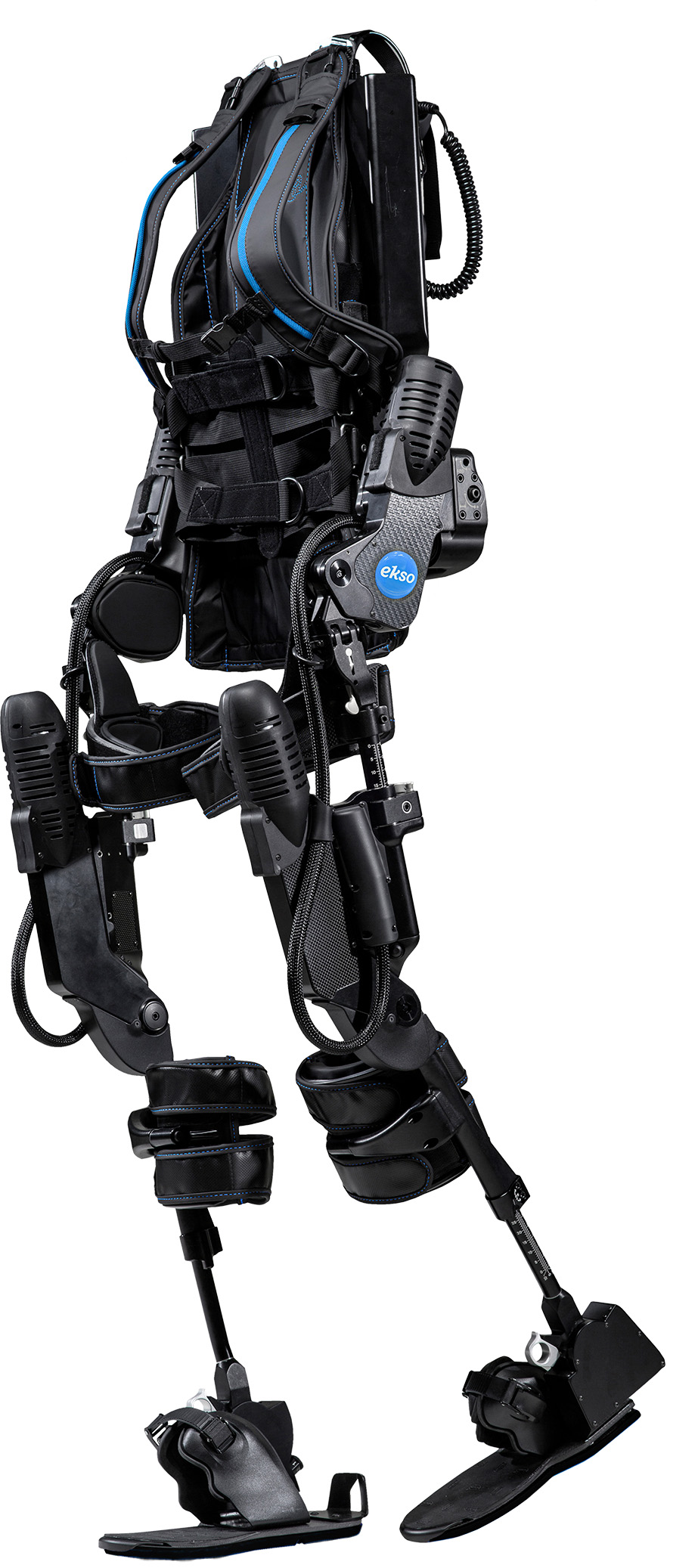- The volume of hospital visits in North America is disproportionately affected by those with disabilities.
- Allied Health teams are the front line of care for cases of disability and are burning out as hospital visits rise while budgets and team sizes decline.
- We need to prevent hospital admissions among the disabled and increase the confidence among Allied Health professionals that patients are discharged into healthy and safe environments.
- A wave of advancements in the field of assistive technology represents new opportunities to realize both of those outcomes.
- However, it is unreasonable to expect Allied Health providers – as well as other, traditional stakeholders – to keep pace with the speed and volume of modern technologies.
- evika.io is a new reference site dedicated to ‘at-a-glance’ Assistive Technology and living with disability, so that all stakeholders may quickly find, assess and explore how to obtain both simple and complex equipment.
- The site is already home to 700+ user reviews across 1200+ assistive devices, as well as an educational library with dozens of informational videos and blogs that have been developed by healthcare professionals to help simplify the rapidly expanding world of accessibility.

The volume of hospital visits in North America is disproportionately affected by those with disabilities and it’s Allied Health professionals who feel the biggest impact. In Ontario, Canada, for example, the Ministry of Health reports that hospital visitors who are 65+ with a loss of mobility represent 3% of unique hospital visitors, but account for 46%(!) of the annual hospital budget. That’s a staggering imbalance that is causing burnout among Allied Health teams and that will become more pronounced as hospital visits continue to increase while budgets and team resources are on the decline.
We need to rethink, as a community, how we can prevent hospital admissions among the disabled as well as increasing the confidence among Allied Health professionals that clients are being discharged into healthy and safe environments.
Fortunately, thanks to a wave of modern advancements, we are more equipped to respond to these needs than ever before. Here are some examples of innovative assistive devices:
- Robotic feeders and utensils are available to retain one’s nutritional independence, creating an opportunity to reduce cases of malnutrition, dehydration, and starvation;
- Exo arms & legs are ready and waiting to keep those with weakened limbs active and mobile, thereby slowing decline and reducing the risk of falls or other injuries;
- Communication technologies that respond to eye-movement, micro-EMG signals,and brain activity help keep locked-in users socially engaged and able to voice discomfort, staving off cognitive decline andpreventing emergencies, respectively.
- Home automation, IoT Connectivity,Autonomous Systems, Remote Sensing are all advanced technologies that are being readily adopted among the mainstream and offer new opportunities for healthier, safer, and more independent lives for those living with disabilities.
But who is responsible to find, understand and recommend all of this equipment? With the speed of innovation, it is unreasonable to expect Allied Health professionals to also be the technology experts on top of the caseloads they are managing.
evika.io is an at-a-glance guide for all types of simple and complex devices so that people living with disability and those who care for them may quickly find, assess, fund, and learn how to obtain the best items for their needs. The site is currently home to 700+ user reviews across 1200+ assistive devices. It also features an educational library with dozens of informational videos and blogs that have been developed by healthcare professionals to help navigate the quickly expanding world of accessibility. Click over to evika.io to start exploring it for yourself, and please don’t be shy about using the button labelled, “How Can We Improve?”
About evika:
The word ‘evika’ combines the name Eve – ‘mother of life’ – and that ‘eureka!’ feeling that comes when you’ve found that exact thing you’ve been looking for. The ambition of evika.io is to provide an at-a-glance reference of all types of simple and complex technologies for those affected by disability. The Company was founded in 2018 by Adam Gryfe and Paul van der Vorst, who are combining their past experiences of simplifying autonomous vehicles on behalf of factory and warehouse employees, and adapting technologies for the disabled at the Assistive Technology Clinic. evika.io is now live and is home to 700+ user reviews across 1200+ assistive devices, as well as an educational library with dozens of informational videos and blogs that have been developed by healthcare professionals to help navigate the quickly expanding world of accessibility.

